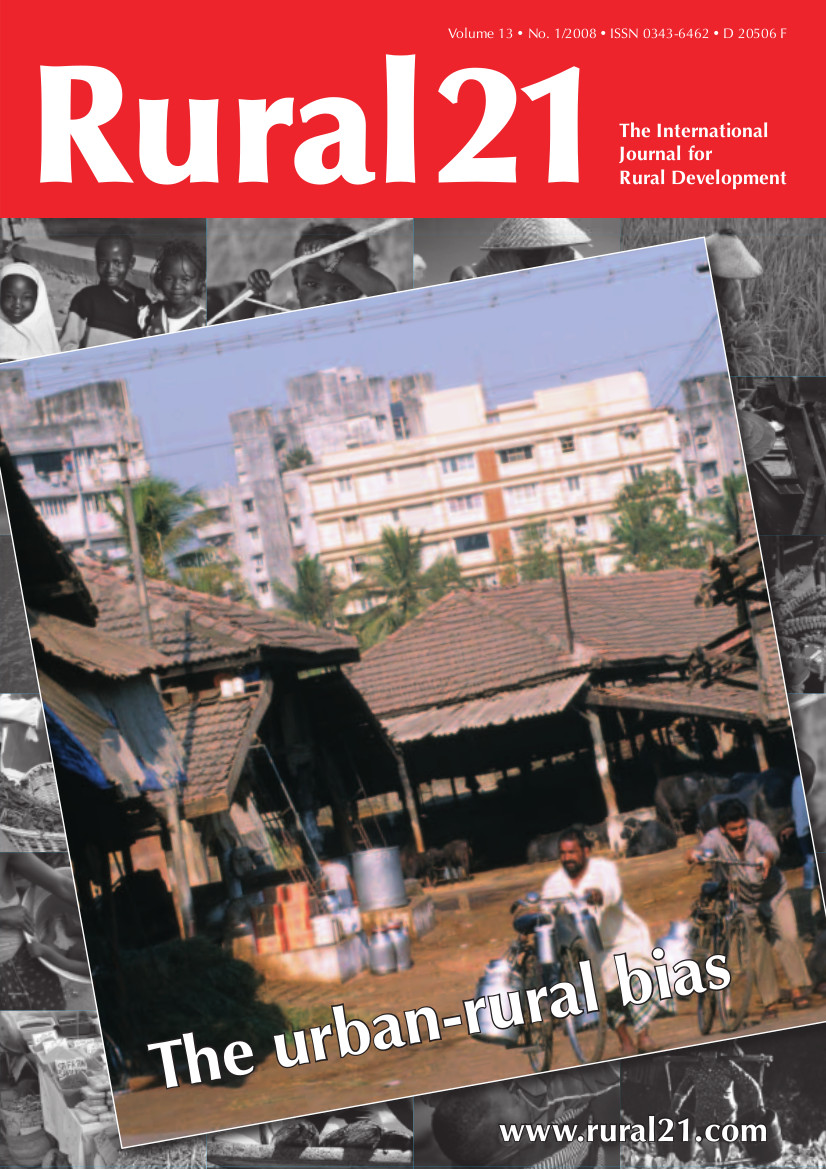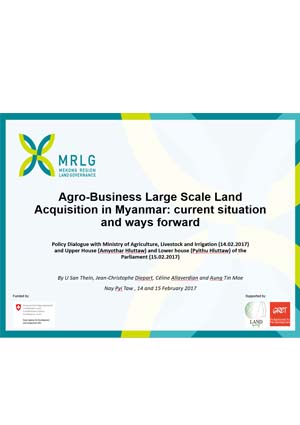Big push for development or erosion of local livelihood?
The recent upsurge in Foreign Direct Investment (FDI) in land raises the hope to bridge the gap of decades of underinvestment in developing countries’ agricultural sector, but it may also threaten host countries’ food security and increase the vulnerability of the rural population. Based on four country case studies conducted by Deutsche Gesellschaft für Technische Zusammenarbeit (GTZ), this article illustrates distinct impacts of large-scale investments in agricultural land.






